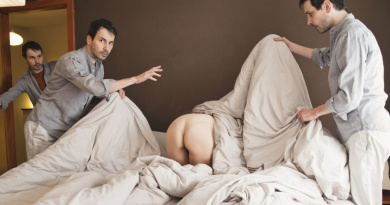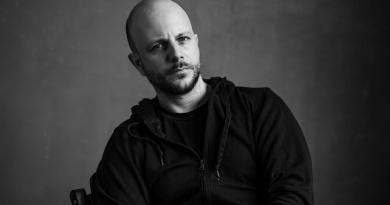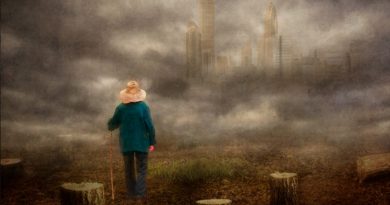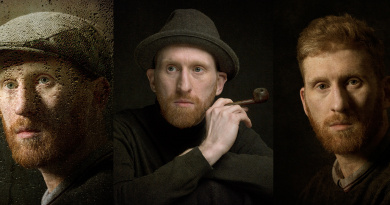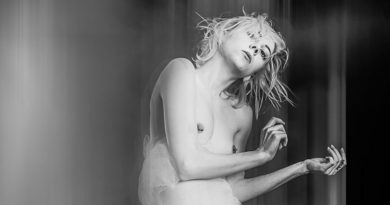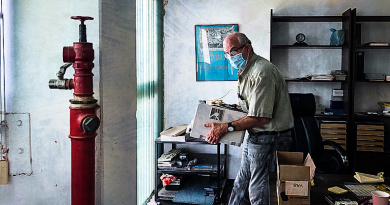Interview
Gigi Chung
Gigi Chung is a San Francisco-based fine-art photographer who mainly works in medium-format digital photography. She has come to focus on architectural abstracts with a minimalistic approach. She finds the juxtaposition of light, shadows and lines in architecture fascinating.
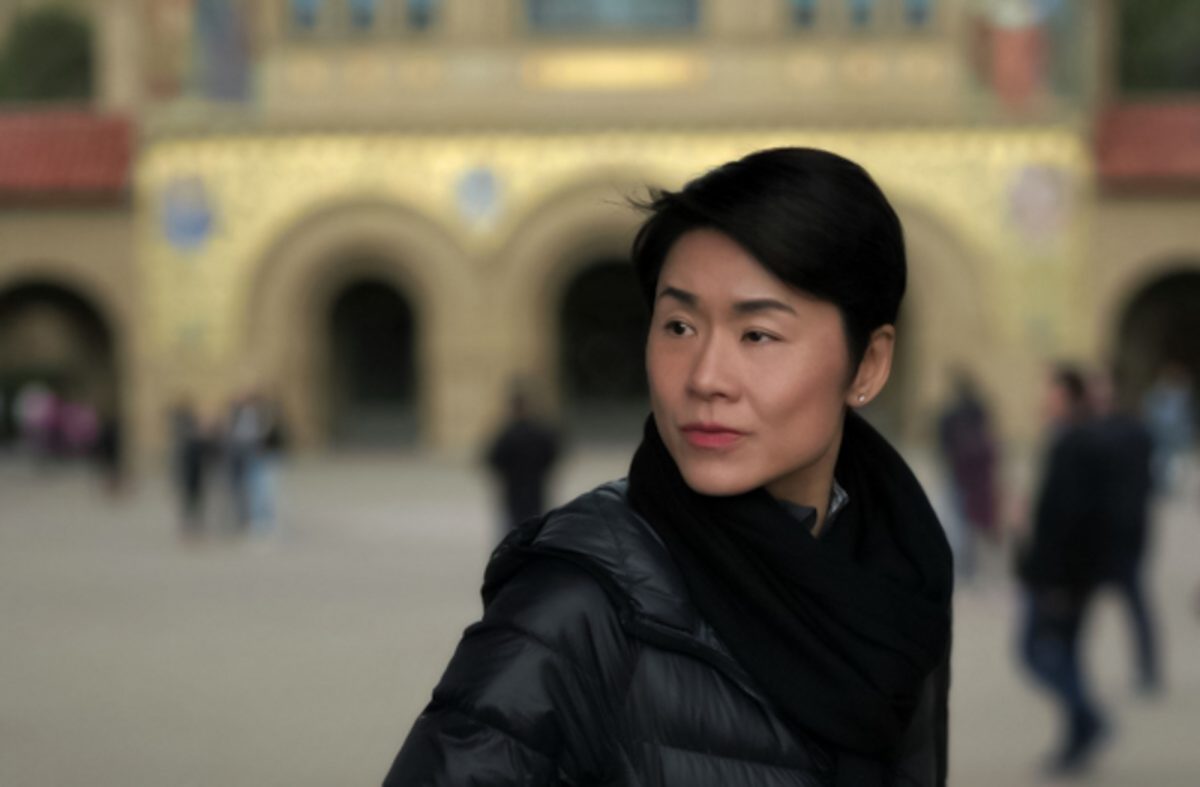
Gigi Chung, please introduce yourself
I am a San Francisco-based fine-art photographer who mainly works in medium-format digital photography. My "Emergence" series, a Kyotographie KG Plus 2020 feature, is currently on view at Tagree online magazine. I debuted my solo exhibition "Emergence" at Hasselblad Japan Tokyo Store Gallery in 2019. My artwork has been exhibited in multiple galleries and museums in Athens, Chania, Cormons, Glasgow, Greenville, London, Portland, Minneapolis, Taipei, Trieste, Tokyo, San Francisco, and Vermont. My new series "Geometric Abstraction" has been published in Medium Format Magazine September issue.
Where do you live, does your place of residence inspire you to take pictures?
I am blessed to live in an area with ample sunshine. The intensive California sun creates strong contrast on facades and buildings, giving me endless framing possibilities for my architectural abstracts.
Do you have a photographic background?
I started taking drawing, ceramics, and music lessons when I was in kindergarten. I still remember the times when my dad brought me to different calligraphy and art exhibitions when I was in high school. While I did not have any formal photography education, I believe my early exposure to art has helped me to shape my perspective.
How comes that you are interested in photography?
Photography is my creative outlet and lets me learn about myself. Photography transcends language barriers and lets me communicate with people around the world. I have met wonderful artists in dance, theatre, and architecture through photography. I believe the connections will enrich my seeing and creative process.
Which photographer has inspired your photography?
I have always loved the works of Fan Ho, Henri Cartier-Bresson, and Annie Leibovitz. Their engaging street photography and portraits are classic. As I explore abstract expressionism, I have come to identify with Piet Mondrian and his minimalistic approach to compositions. Distillation of details requires discipline and practice of which I have consistently strived to achieve.
Why do you work in black and white/color?
I shoot in color and convert to black and white in post-processing to suit a theme in a series. I have made a conscious choice to present my "Emergence" series in black and white to accentuate lines, forms, and shadows. I am currently working on the "Colors Of Los Angeles" series in which I will explore the psychology of colors on human perception of space.
How do you prepare for a photo?
I would like to answer these 2 questions together. Planning is the most important concept in any genre of photography. As in architectural abstracts, location scouting and studying lighting conditions are vital to the results. I always like to challenge myself to capture familiar subject matters and present them in my sauce.
What are your technique and creative process?
My creative process starts with a theme similar to the concept of a storyboard. I will then decide how and in what medium my spatial story should be told. Some projects require repeated visits to the same locations during different times of the day. I intend to create a cohesive series for my viewers to enjoy.
Which projects would you like to tackle?
I would like to experiment with printing on Japanese Kozo Washi Papers and kimono fabric. Art installation in mixed media is also on my radar. I believe different rendering intents would transform the perception of the 3-dimensional space.
What do you do in your life besides photography?
I sing, I dance and I will shoot more photos...haha. I am a certified Zumba and Bollywood, dance instructor. I participate in San Francisco Annual Carnaval Parade and help raise funds for nonprofit organizations in the bay area. I also practice playing the flute as another dementia prevention exercise. I strongly believe cross-disciplinary training in art enables me to live in the present.
![]() Thanks a lot Gigi Chung for the Interview
Thanks a lot Gigi Chung for the Interview
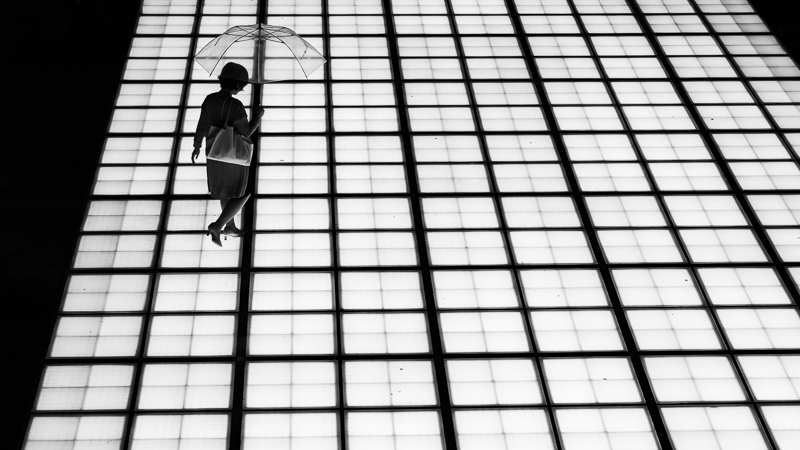
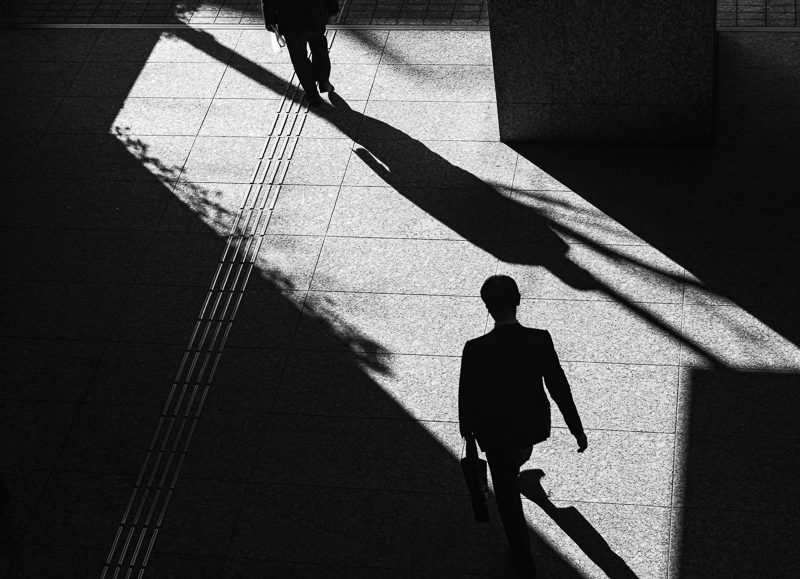
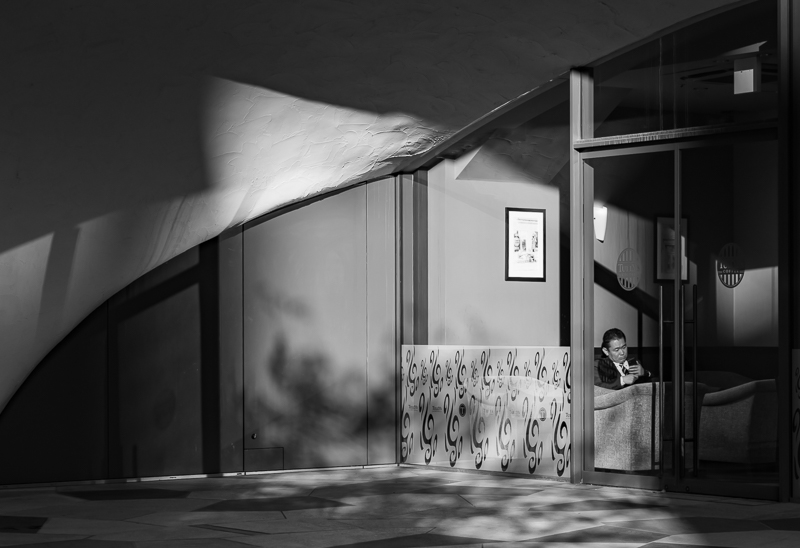
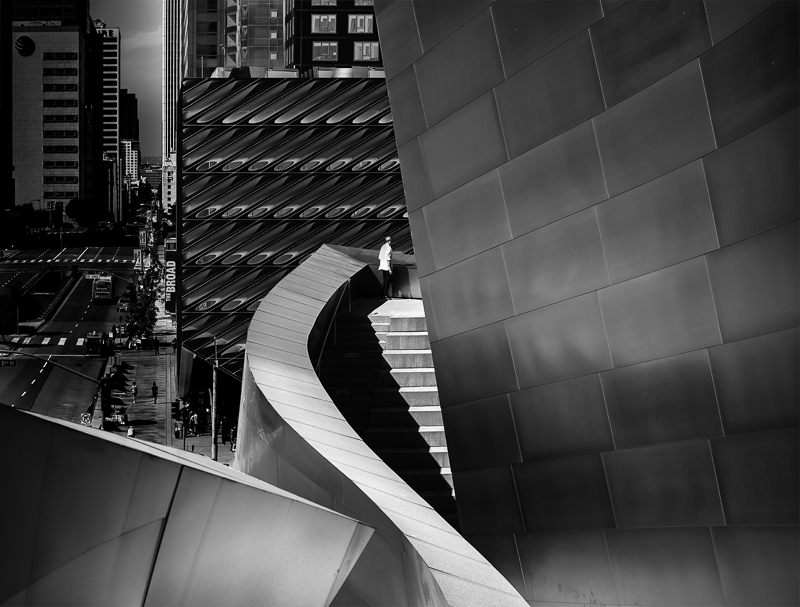
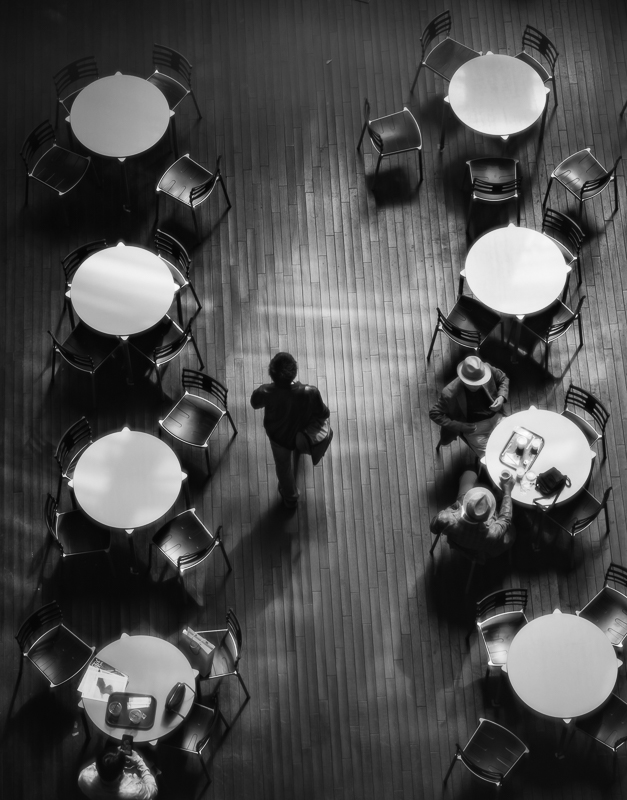
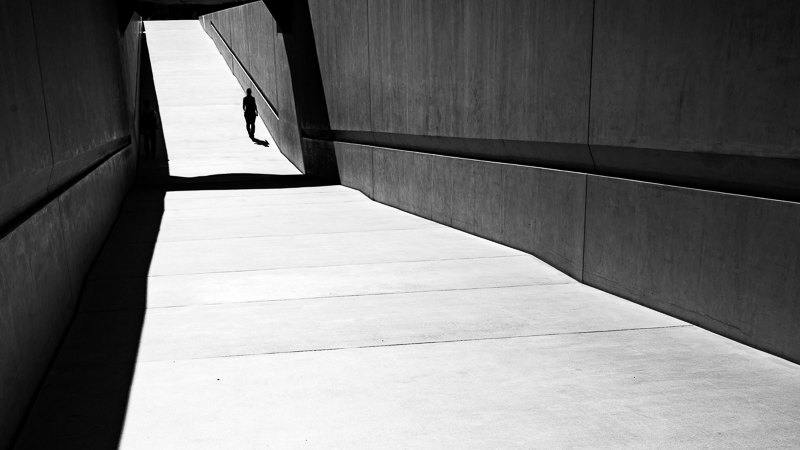
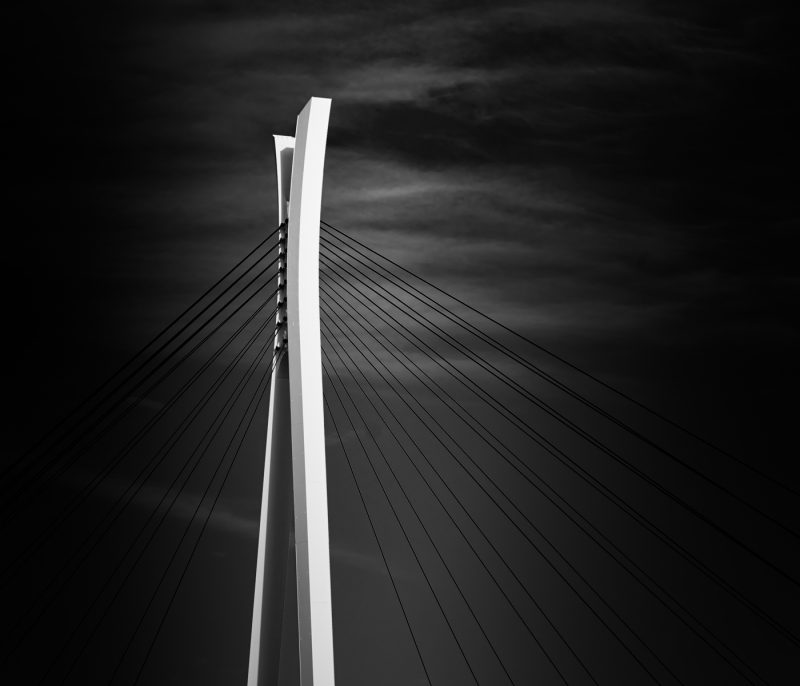
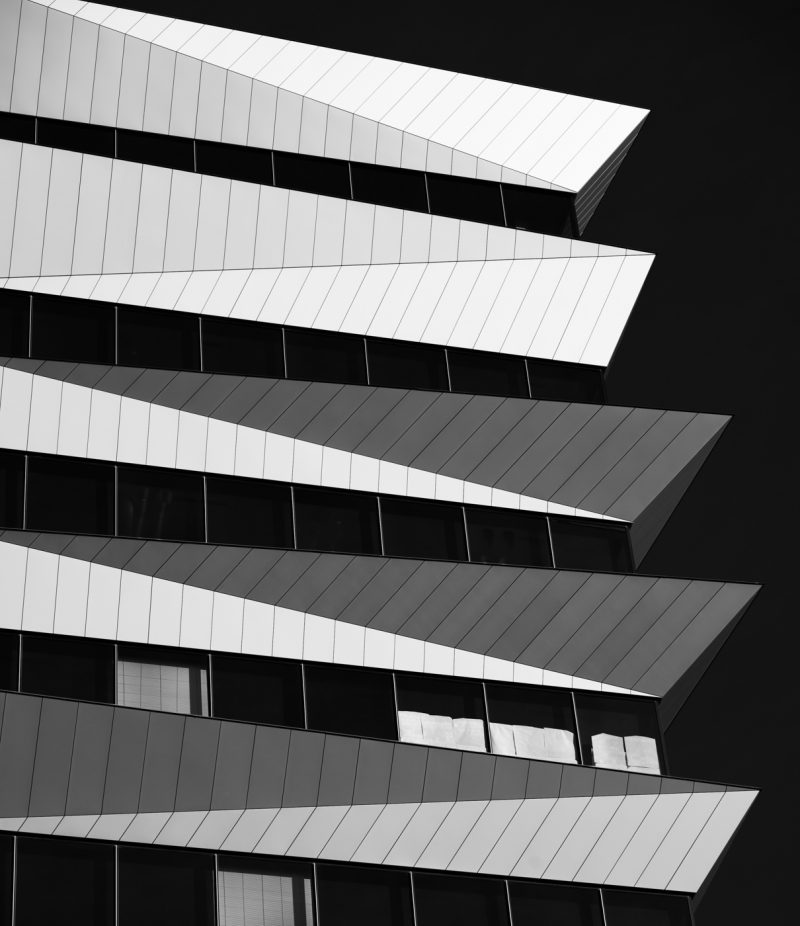


 More about Gigi Chung on Tagree
More about Gigi Chung on Tagree

